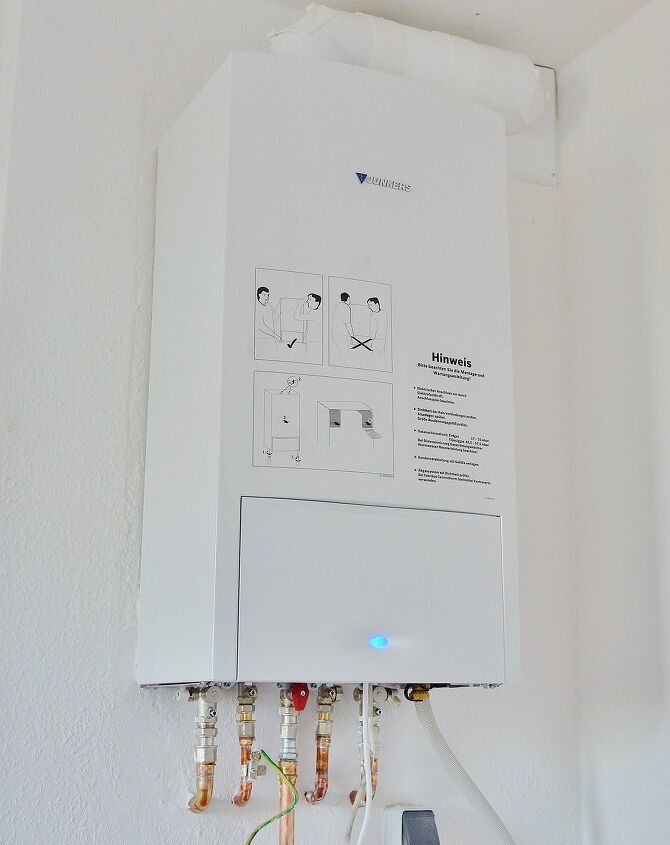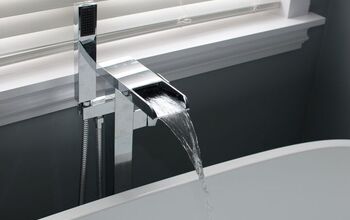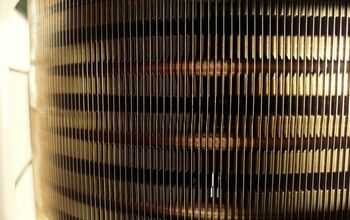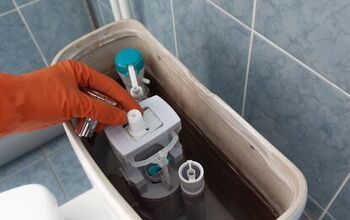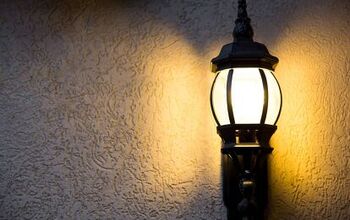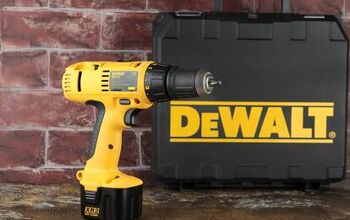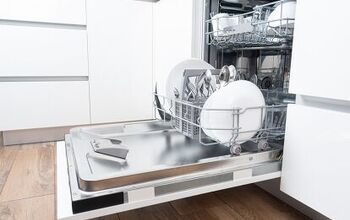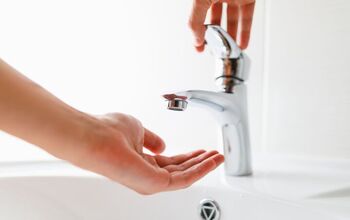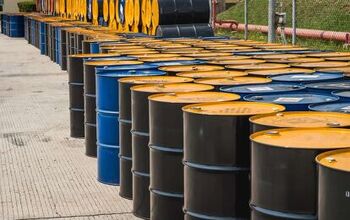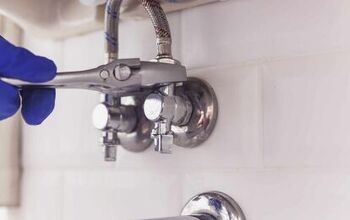What Are The Pros And Cons Of An Indirect Water Heater?

Water heating is one of those things that homeowners can’t skimp out on. When you’re putting together a home, you want to make sure that the water you get is piping hot and also has a high degree of efficiency. In recent years, indirect water heaters have been making their rounds online. People are starting to get interested in them, but they aren’t for everyone. How can you tell if this type of heater is right for you?
Indirect water heaters are highly energy-efficient and can be powered by a wide range of different heating sources. They are simple, require little maintenance, and have a modern design. However, they require larger storage tanks to work and may not be as capable of keeping water hot as other models.
There are plenty of reasons why people are now choosing to switch to an indirect water heater. If you’re in the market for a new water heating system, learning about this innovative new system style is a must.
Do You Need Water Heater Installation or Replacement?
Get free, zero-commitment quotes from pro contractors near you.

What Is An Indirect Water Heater?
Before we can talk about the perks and pitfalls of this heater, we need to understand how this heater works. An indirect water heater is a water heater that uses your home’s boiler/furnace to heat water through a heat exchange. The heat exchange that keeps your water hot is in a storage tank.
By setting up a way for the boiler to do double-duty on heating, the indirect water heater system is able to reduce the amount of energy required for keeping water hot. This helps cut bills and also makes your entire layout easier to maintain.
The Pros Of Having An Indirect Water Heater
Indirect water heaters are popular for a reason. They are pretty darn good and offer a lot of perks to the right person. There are many perks that are worth discussing. Some of the most popular ones mentioned by others include:
- They can help you save money on your water heating bills. A lot of the reason why indirect water heaters are so popular deals with their heating bills. Water bills become cheaper when you have an indirect water heater simply because you’re piggybacking off a furnace or boiler.
- Indirect water heater models also work with your current source of heat. They work with furnaces or boilers heated by oil, gas, propane, electricity, or even solar energy. This makes it a versatile choice that won’t involve too many upgrades or changes to other parts of your HVAC that you currently have.
- Since indirect water heaters are fairly simple machines, they also require less maintenance. Oh, and they don’t break down as frequently because there are fewer parts to break down. Neat, right? It’s good to know that most of this perk is linked to
- Surprisingly, indirect water heaters also can give out more hot water than a traditional water heater. Shocked? So are we, but as it turns out, the storage tank has a lot to do with the higher volume. The only thing that really stops the water heater’s capacity is the size of your boiler.
- It may save some space. Indirect water heaters are surprisingly compact. Petite homes should consider getting this one if only for the feng shui aspect of it. However, it’s worth noting that the space-saving aspect of having a water heater like this can be dicey. There are some seriously small heaters out there!
The Cons Of Having An Indirect Water Heater
While indirect water heating may seem like it’s working its way into almost every home, it’s still not a perfect solution for every home. It does have its own drawbacks. If you’re wondering what they are, these pitfalls below are going to be a challenge for your home.
- If you have a hard water problem, you might notice that your heat transfer will suffer from it. This can lead to frequent calls to the repairman, or the need to fix the hard water issue before you get your heater. Worse comes to worst, you may have a sediment problem that prematurely kills your heater.
- You might also need a larger boiler, depending on your workload. If you use a lot of hot water, there’s a chance that your current boiler might not be able to handle all the work that your water heating system will require. People who can’t oversize their boiler may notice a long lag in the time it takes to get that water heated.
- The initial price of a water heater installation is higher than a traditional heater. It’s one of those situations where you can choose to pay more upfront, or pay more later on. Most people who are on a budget will find an indirect heater to be prohibitively pricey.
How Much Does An Indirect Water Heater?
So, it’s clear that indirect water heaters make a lot of sense for the right person, but as the warning suggests, it’s not always doable. Price is an issue. (Sure, one could argue that price is always an issue with water heaters, but here it’s even bigger of an issue.) So, how much should you sock away if you want to have an indirect water heater?
An indirect water heater will cost anywhere from $800 to $1500 on average. Most companies that offer water heaters will offer a free installation. If you choose to buy your heater and go to a separate professional to get it installed, you might have to pay an additional $150 to $800, depending on the type of labor you need to have done.
It’s worth noting that these cost estimates do not include oversizing your boiler, if you need to do that. That can add additional fees, but how much it’ll cost can vary greatly.
How Much Can You Save By Using An Indirect Water Heater?
Energy efficiency is a major attraction for people who are looking to switch to using an indirect water heater. If you are worried about the slowly increasing price of energy, you’re not alone. The good news is that using an indirect water heater can drastically decrease your monthly bills in this department.
According to anecdotal evidence (and a couple of studies), you can expect to see as much as a 20 to 30 percent decrease on your energy bills from month to month. However, individual results can vary greatly, which means that there is no guarantee on what you should expect. A good rule of thumb is that you’ll see greater savings if your current system is outdated.
How Long Do Indirect Water Heaters Last?
One thing you will get to enjoy as an indirect water heater owner is the heater’s longevity. Most water heaters in this category come with a lifetime limited warranty, not to mention excellent workmanship. With typical care and maintenance, a standard indirect water heater can last for as long as 20 to 30 years.
The most important factor to consider when you’re trying to figure out a potential heater lifespan is the warranty. If you have a good brand with a decent warranty, then you don’t have to worry about much when it comes to repairs. Since maintenance isn’t that big of a problem with these kinds of heaters, focusing on the repairs and reviews will be more than enough.
Do You Need Water Heater Installation or Replacement?
Get free, zero-commitment quotes from pro contractors near you.

Related Questions
How long do water heaters last?
How long a water heater lasts will depend heavily on the type of water heater you have as well as the maintenance efforts you put into it. A standard water heater will last between six and 13 years, depending on the maintenance performed as well as the quantity of hard water sediment you have in your water supply.One of the reasons why indirect water heaters are so popular is their longevity. These heaters are capable of lasting between 20 to 30 years with regular maintenance. This makes them the longest-lasting water heaters that money can buy.
Is it possible for a water heater to explode?
Water heaters are built with safety in mind, but that doesn’t mean they’re infallible. Though it’s extremely rare today, it still is possible for a water heater to explode. When they do, the damage can be deadly for anyone that’s currently in the house.With water heaters, an ounce of prevention is worth a pound of cure. To prevent explosions, keep an eye on your water pressure, address any cause for concerns as they happen, and make sure to get your water heater serviced at least once a year.
How often should you clean a water heater?
Water heaters can collect large amounts of sediment in their lines if they are not properly cared for. To clean a water heater, you will need to flush out the sediment from its lines. This is a fairly simple thing to do, which is good because you need to do it on a semi-regular basis.In order to properly maintain your water heater, you will need to clear out the lines at least once every six months. This will be enough to flush out a typical heater.

Ossiana Tepfenhart is an expert writer, focusing on interior design and general home tips. Writing is her life, and it's what she does best. Her interests include art and real estate investments.
More by Ossiana Tepfenhart



